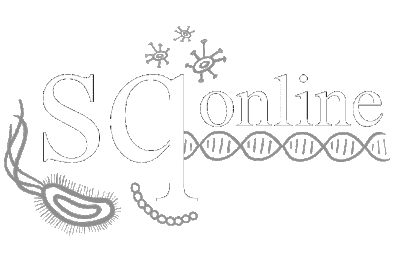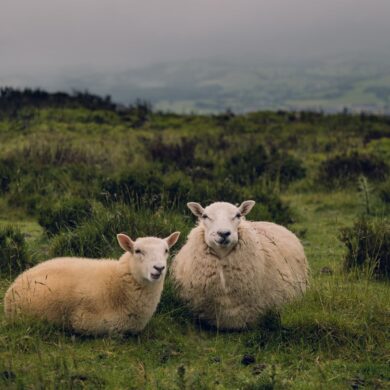Every week our Research Editors highlight a few of the latest headlines in science news and explain why these pieces are interesting and applicable to our classes at UC San Diego. If you find an engaging science article, share it with us on our Facebook page and your highlight may just be featured!
Bacteria Recycle Broken DNA: Modern Bacteria Can Add DNA from Creatures Long-Dead to Its Own | Science Daily
Søren Overballe-Petersen and his colleagues from the Centre for GeoGenetics at the Natural History Museum of Denmark have conducted experiments which show that bacteria can take up short and damaged DNA from the environment and passively integrate it into their own genome. This discovery has wide implications for the field of medicine as well as the theory of evolution as a whole.
If you are interested in the study of bacteria, consider taking Bacteriology (BIMM 120).
— Amelia Wong | Research Editor
Doctors Identify a New Knee Ligament | New York Times
Recently, knee surgeons from the University Hospitals Leuven in Belgium announced the finding of a new ligament in the knee that had not been previously discovered. The ligament links the femur and the tibia and is located on the outside, front portion of the knee — thereby prompting the name anterolateral ligament (A.L.L).
If you are interested in animal physiology, consider taking Animal Physiology Lab (BIPN 105).
— Amelia Wong | Research Editor
Fountain-of-Youth Gene Enhances Healing in Adults | Discover
Lin28a gene is known to regulate an organism’s development and speed of recovery, as seen more active in youth and becoming more dormant at maturity. There have been tests to reactivate it and results showed enhanced tissue repair and faster hair growth on mice.
If you are interested in getting more hands-on understanding of genetics consider taking BICD 101 (Eukaryotic Genetics Lab).
— Nicholas Kotsyubko | Research Editor
Allergic to Cold: Adapting to Life With a Mysterious Condition | Live Science
A rare skin disorder called cold urticaria causes break-outs in hives, swelling, and even anaphylactic shock due to cold weather. Though the cause is still unknown, the cold instigates mast cells to release histamine, thus causing an allergic reaction.
If you are interested in learning more about the examination of disease consider taking BIMM 110 (Molecular Basis of Human Disease).
— Nicholas Kotsyubko | Research Editor
We’re Up All Night to Get Data | Scientific American
Last week, graduate students in UCSD’s neuroscience program created a parody music video to Daft Punk’s “Get Lucky,” and it caught the attention of Scientific American. The footage and story-line reflect their long and repetitive hours in the lab and the lyrics feature neuro puns and wordplay. This was intended to be a promotional video for a social event at this year’s Society for Neuroscience conference. Well done, grad students, we definitely geeked out because we could understand all the nerdy humor! Watch the video below and read the blog post over at Scientific American.

